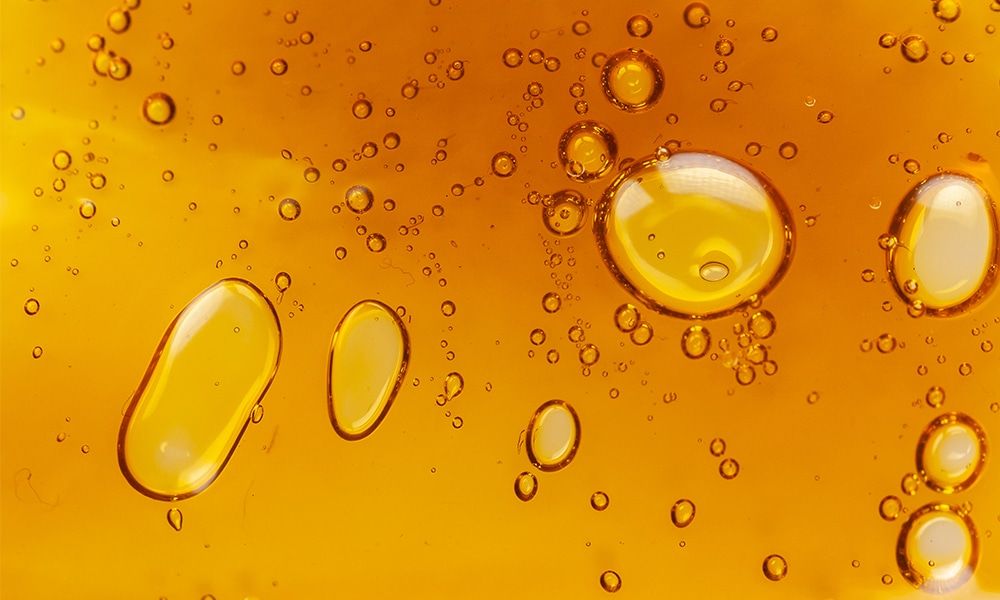
THC Extraction Processes Used To Make Concentrates
Cannabis concentrates are incredibly potent forms of cannabis. Where buds can reach THC contents upwards of 30% or more, these concentrated products can have as much as 90% or more THC. A small amount of concentrate packs an incredible punch. There are a few ways to make a wide range of concentrates. Let’s take a look at some of the THC extraction processes that extractors use.
Alcohol Extraction
With this method, cannabis sits in ethyl alcohol, a potent liquid that pulls the cannabinoids, terpenes, and flavonoids from the plant matter. The resulting solution is then heated to evaporate the alcohol out. The temperature is controlled carefully to avoid combustion. One of the biggest benefits of this THC extraction method is that there is no risk of residual solvent. The problem, however, is that the process can also pull out chlorophyll, which makes the final product bitter.
Supercritical CO2
Supercritical CO2 involves pressurizing carbon dioxide until it transforms into a liquid. The liquid passes over cannabis plant matter, pulling out the desirable compounds. The resulting solution moves to a different tank where pressure returns to normal. When this happens, the CO2 returns to its gaseous state. Should any liquid CO2 remain, it will eventually evaporate out, so there’s no residual solvent remaining by the time the products reach dispensary shelves.
Hydrocarbons
Hydrocarbons, such as butane and propane, are some of the most common solvents for THC extraction. Liquid hydrocarbons are pressurized and pass over cannabis plant material to extract cannabinoids and other compounds. The resulting liquid is then heated to evaporate the solvent. The method of heating impacts the final result. For instance, evaporation under a vacuum leads to shatter. Or the liquid may undergo agitation. Rapid agitation results in crumble, while slower whipping results in budder.
Sifting
Not all THC extraction processes require a solvent. There are several solventless methods as well. One of the oldest is sifting. The process involves grinding the buds and sifting them through a sieve to separate the trichomes, which is where the cannabinoids and terpenes reside.
Ice Water
Ice water extraction is one of the cleanest, safest ways to separate the desirable compounds from the cannabis plant. Shortly after being harvested, cannabis buds are frozen to keep them from drying out. The buds then go through an ice water extractor, which agitates them to remove the trichomes. The trichomes sink to the bottom where they’re then collected.
Heat and Pressure
On the other end of the spectrum, it’s possible to extract THC and other cannabinoids using heat and pressure. The process involves the use of low heat and high pressure to remove the trichomes from the plant and make rosin. The final product looks similar to those that use solvents, but you don’t have to worry about any chemical contaminants. As a bonus, especially for those making the extracts, the process is faster and cheaper than using solvents.
There are numerous ways to create the many cannabis concentrates you see on the market today. Understanding these methods can help you to choose products that best meet your needs and preferences.

Join the Family
You don’t need a million cannabis options.
Just the right one.
New Possibilities.
Delivered.
Delivery to:
San Diego, Orange County, Los Angeles, Ventura County, San Francisco Bay Area, San Jose and Other Select Cities.
Available for later day or next day delivery.